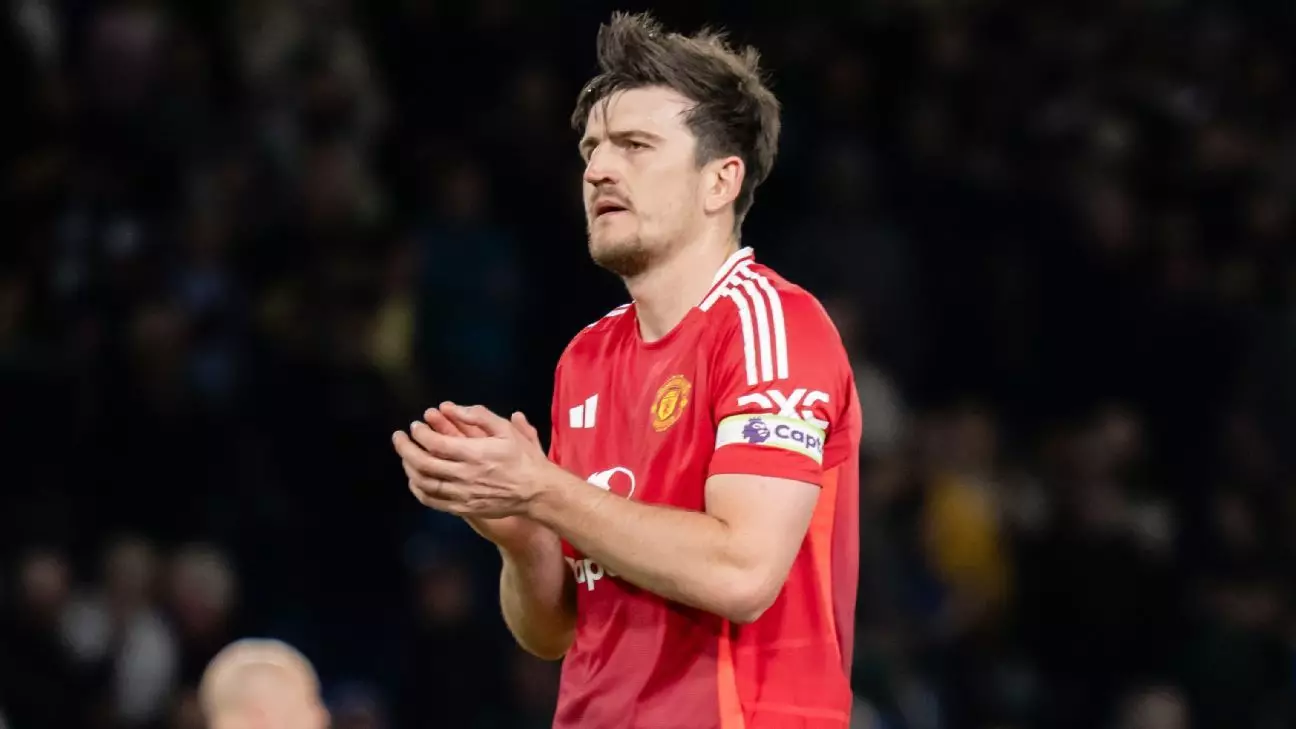Manchester United’s recent roster adjustments underscore a club navigating a pivotal phase of change. The absence of key players like Harry Maguire, who missed his initial flight due to personal matters, highlights the fluidity and unpredictability that accompanies a team in transition. Maguire’s social media reassurance aligns with a broader effort to maintain team cohesion amidst turbulence. His delayed arrival and the surrounding uncertainties reveal a club that, despite its historic stature, remains vulnerable to internal and external pressures. United’s management appears to prioritize stability, yet this episode lays bare the ongoing struggles to establish clarity in leadership roles and squad dynamics.
Injury Setbacks and their Impact on Team Strategy
Injuries continue to pose a considerable obstacle in United’s preparations. The sidelining of Lisandro Martínez since February has been a significant blow, as the Argentina international is a cornerstone of the team’s defensive backbone. His inclusion in the squad for the U.S. trip, despite not training or playing, demonstrates a cautious approach towards his recovery—keeping him involved without rushing him into action. Furthermore, the hamstring injury sustained by André Onana during training adds another layer of complexity. While he’s back in training, reports suggest he might miss the entirety of the tour, and this uncertainty forces the coaching staff to evaluate their goalkeeper options carefully. These injury issues underscore a broader challenge: how to build a competitive squad capable of competing fiercely while managing the physical toll on players.
Transfer Strategies and Future Prospects
The club’s ongoing efforts to offload unsettled players like Alejandro Garnacho, Antony, Jadon Sancho, and Tyrell Malacia reveal a strategic shift. Manchester United seems intent on recalibrating its squad by trimming excess and acquiring new talents that align with their long-term vision. Signings like Bryan Mbeumo and Matheus Cunha suggest an emphasis on versatility and attacking prowess, aiming to inject energy into their forward line. The dedication to securing these players demonstrates an ambition to reclaim their competitiveness at the top of the Premier League. However, the fluctuating valuations and interest from other clubs, exemplified by Chelsea’s monitoring of Garnacho, highlight the volatility of the transfer market, which could influence United’s strategic flexibility moving forward.
Building a Resilient Team for the Upcoming Campaign
As the US tour unfolds, Manchester United faces the dual challenge of integrating new signings while managing injuries and squad upheaval. The fixtures against West Ham, Bournemouth, and Everton serve as testing grounds for the team’s evolving chemistry. Coach Ruben Amorim’s squad selection reflects a pragmatic approach, blending new arrivals with seasoned players, all while navigating uncertainties about player fitness and squad cohesion. The impending Premier League opener against Arsenal at Old Trafford looms large, demanding a level of resilience and confidence that the current transitional phase aims to foster. Ultimately, United’s ability to adapt swiftly and strategically during this period will determine whether they can channel these challenges into future success.

Leave a Reply